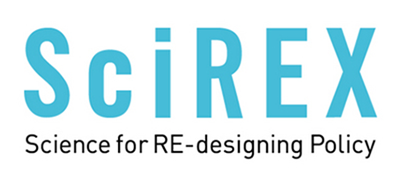Cultivating Perspective on the Fourth Industrial Revolution
As the Japanese economy experiences a declining birthrate and aging society, accompanied by advancing globalization, innovations involving robotics, artificial intelligence (AI), big data, and blockchain are increasingly being developed and made more widely available. This process, also referred to as the “fourth industrial revolution,” is regarded as one of Japan’s key growth strategies. Nonetheless, the effects on individuals and companies of adopting these innovations are probably insufficiently understood. Accordingly, I believe that formulation of policies that encourage such innovations and widespread adoption of the relevant technologies requires analysis of the costs and benefits of their adoption.
In my main job, working as a researcher at RIETI, in addition to my own personal research, I also undertake research that contributes to improving existing policies and formulating new policies by using economics-based analysis methods to analyze the efficacy of the Ministry of Economy, Trade and Industry’s policies in line with an Evidence-Based Policy Making (EBPM) approach.
I look forward to the opportunity afforded by the STIG program to join students in reflecting on my experience with EBPM and thinking about innovations, particularly from an economics perspective, as well as the issues that need to be taken into account when analyzing the efficacy of such innovations.



